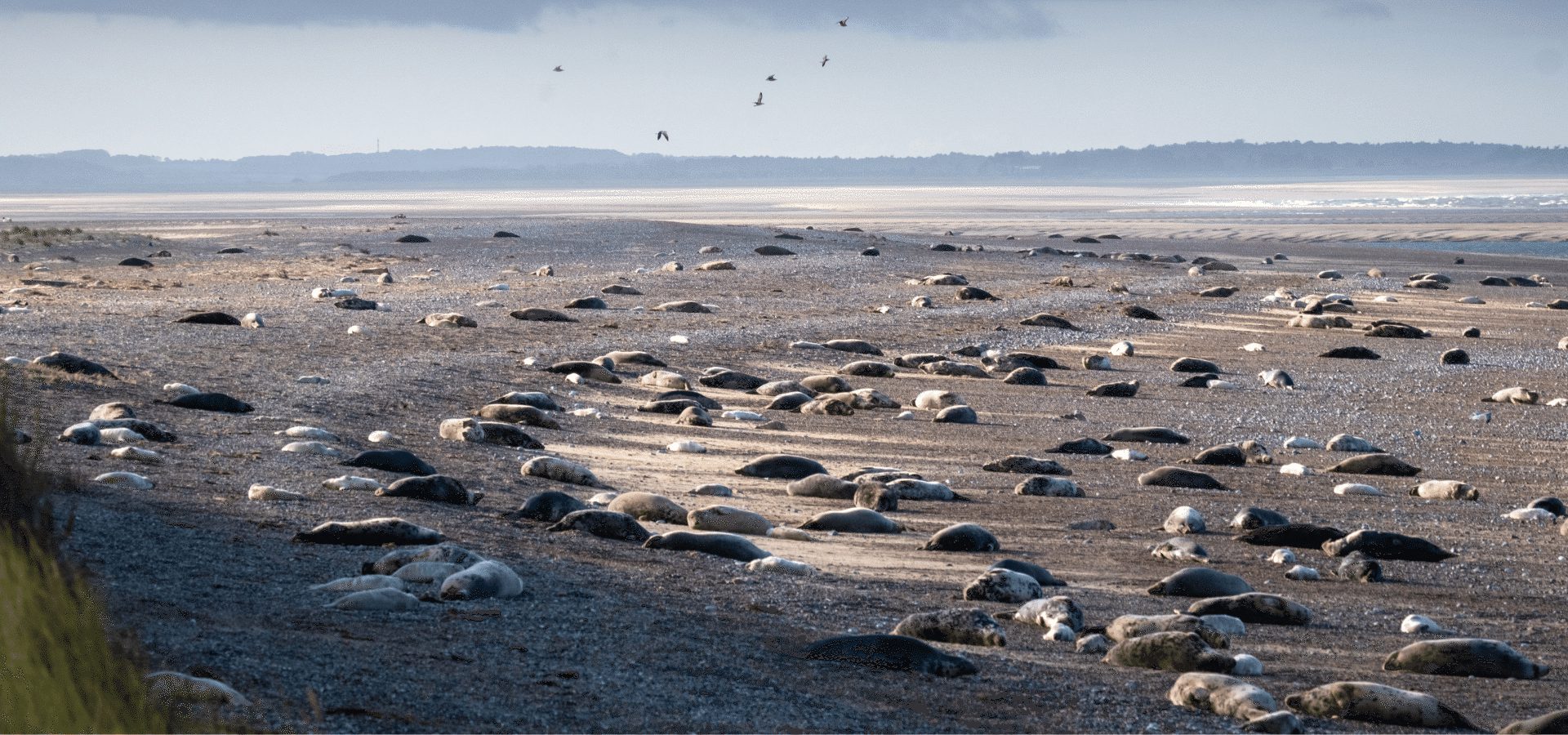- Home
- Articles

_Get inspired
Visit East of England blog
Looking for ideas for an East of England break? Our blog brings together seasonal guides, local highlights and easy inspiration across Norfolk and Suffolk, helping you plan with confidence and travel at your own pace. Discover coastal walks and big-sky days, countryside escapes, culture worth making time for, food and drink finds and what’s on throughout the year. You’ll also find themed itineraries, practical suggestions for short breaks and quieter corners when you want space and fresh air. Dip in for a quick idea, or save a few favourites to shape a weekend or longer holiday over time. New posts are added regularly, so whether you’re planning ahead or looking for something to do soon, there’s always something to help you make the most of the East of England.
All Blog Posts









Trending Items

Clay Workshop: The Green Man
Join local artist Phil Stearn to create a traditional Green Man wall plaque from clay. Join local artist Phil Stearn to create a traditional Green Man wall plaque from clay.


Ufford Park Resort
The perfect retreat for spa goers, golfers, adventurers and foodies alike. Located on the heritage… The perfect retreat for spa goers, golfers, adventurers and foodies alike. Located on the…

Ufford Park Resort
The perfect retreat for spa goers, golfers, adventurers and foodies alike. Located on the heritage…

Sam Campbell: Kid Giblet
Date: 11th Aug - 11th Aug 2026
Live comedy is straight up amazing because people gather to watch it in a spectacular setting… Live comedy is straight up amazing because people gather to watch it in a spectacular setting…


The Crown at Woodbridge
The Crown at Woodbridge brings a fresh feel to all that is great about escaping to the country,… The Crown at Woodbridge brings a fresh feel to all that is great about escaping to the…

The Crown at Woodbridge
The Crown at Woodbridge brings a fresh feel to all that is great about escaping to the country,…




